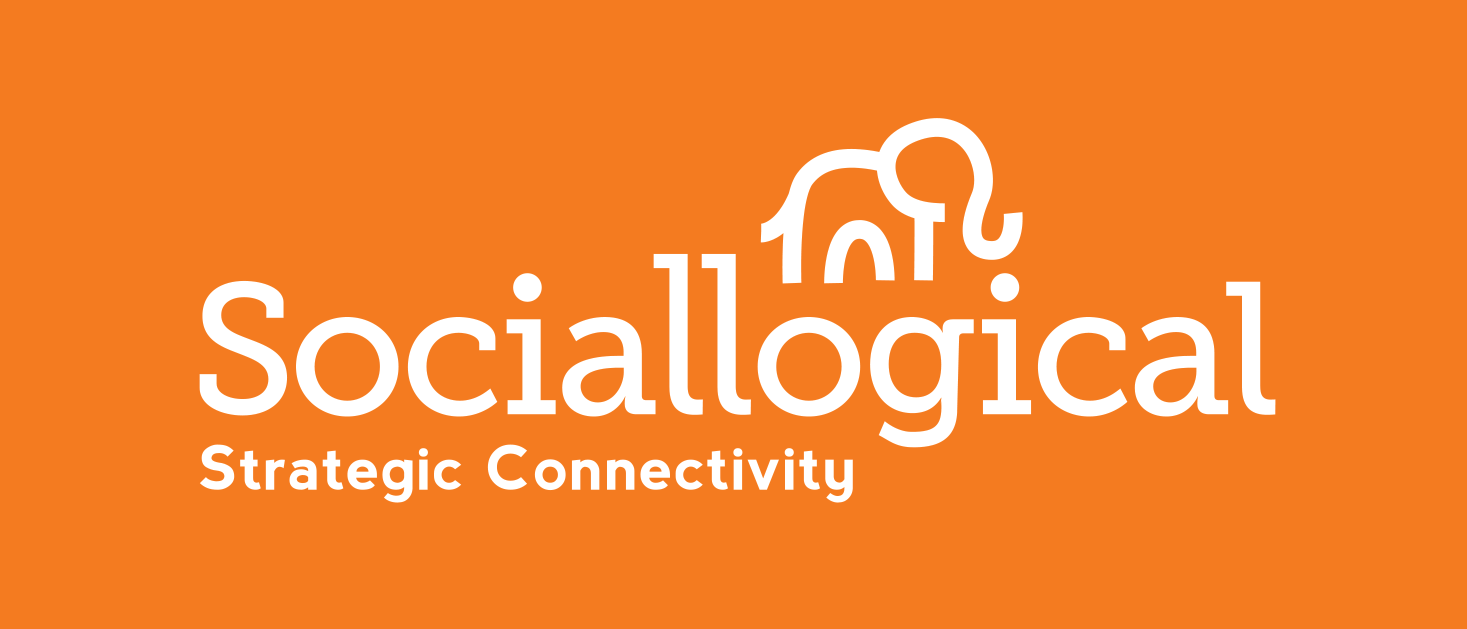Twitter isn't hot anymore. But Twitter has been and continues to be the best training ground for good social media use and niche marketing and ignoring it as a business person is kind of irresponsible.
While Twitter has become noisy, it is instructional, powerful, and precise and continues to be the social network I recommend clients use if they are new to social networks or want to get better. I'd even go so far as to say that most of those we now recognize as "masters" of various social media started by mastering Twitter first.
Twitter will train you on how to communicate effectively online and here are a few reasons why:
1. Twitter will teach you how to get to the point. Because it still limits your posts to 140 characters, it will force you to consider the simplest, clearest way to say what you have to say - a skill that will be appreciated by readers of everything you share online. Occasionally I will hear people complain about this 140 character limit and my first thought is to think those people are probably well-served by that limitation.
2. Twitter reflects real-life communication better than any other social network. When we talk to someone in person, we rarely exchange essay-long thoughts back and forth. It's usually a sentence or two at a time, exchanged as the interplay of a conversation unfolds. This is what Twitter is ideal for and what makes it a pleasure especially for people who love a good, public debate.
3. Twitter gives your public great insight into the brain behind the avatar. If you hope to become a "thought leader" in your field, Twitter is for you. Even though Twitter.com now shows pictures, videos, and animated gifs, the focus is still on the words and the message associated with it. If you want to know how someone really thinks and feels about a subject, listen to them on Twitter.
4. Twitter still rules the hashtag. Hashtags are an extra little bit of info and a way of organizing posts on a few other social networks but they are often ignored as non-essential anywhere but on Twitter. On Twitter they are vital filters that are heavily relied on to cut through the noise, gather the conversation, and give shape to communities.
5. Twitter is about "right now". Last year, while walking back to my office from lunch, we all noticed a collection of emergency vehicles congregating around the base of one of the towers in the city centre and a crowd of people evacuated from it. I asked a few people if they knew what was going on and no one knew. I checked Facebook - nothing. I checked Twitter and, sure enough, there were a few tweets from people in the building keeping everyone up to date for the past 15 minutes on what had happened and how it was developing.
Most mainstream news reporters now use Twitter the most to get the news out as soon as they are aware of it. The 6 o'clock news will collect the whole story for you, but Twitter is where reporters share what they discover live, as they are collecting the information first hand or from their valuable, qualified sources.
6. It's VIRAL - Twitter messages spread the fastest. When an earthquake happened in Manhattan a few years ago, people in Upstate New York heard about it on Twitter 30 seconds before they felt it under their feet! That kind of speed doesn't happen on other social networks and it is the main reason why Twitter is the social network of choice for events, conferences, and live discussion.
7. Twitter reflects the entire social web. It has become a news feed where a lot of what is posted to other social networks is automatically re-posted. Smart social media users setup their accounts or use tools like Friendsplus.me to make sure that what they post to Instagram or Google+ automatically gets reposted to Twitter. It's like a repository of most things across the social web. It's also still the main channel that analytics tools listen to so that businesses don't miss important conversations online.
- Twitter makes you better at providing value, showing respect, and getting to the point.
- It turns up the volume and speed of communications.
- It is as public as it gets and that keeps people honest.
- It is the most potent channel for building and destroying reputations.
Turning up the volume and making things public is a problem if it invades your personal life. But the pace and intensity of business has increased because of social media, and we all know that. Twitter will help you keep up. If you can master growing and staying in touch with a network of people on Twitter you'll find it a lot easier on the other networks.
Do you use Twitter? Why or why not?


